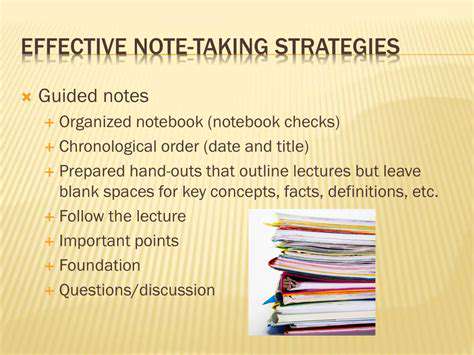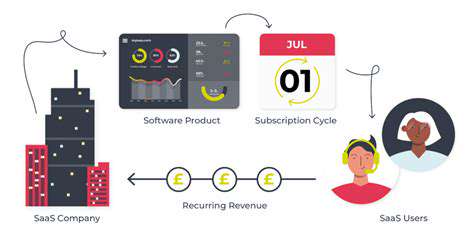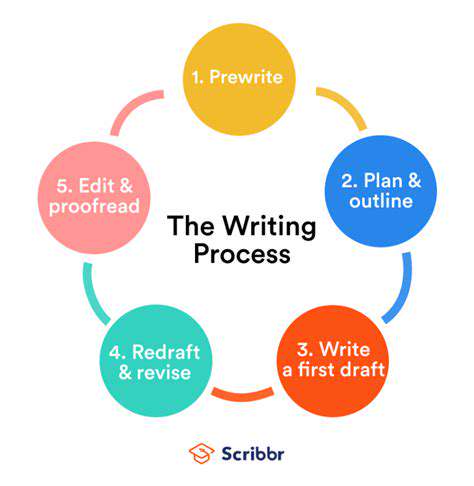How to Find Jobs in Renewable Energy
Staying current with the rapid advancements in renewable energy technologies is crucial for finding suitable job opportunities. This involves not just understanding the current state of solar, wind, and geothermal power, but also exploring emerging technologies like advanced battery storage, smart grids, and green hydrogen production. Keeping an eye on research and development breakthroughs, as well as industry publications and conferences, allows you to position yourself for roles that leverage these innovative solutions.
Keeping abreast of these developments also allows you to identify roles that might not yet exist, but are likely to emerge in the coming years. This proactive approach can give you a significant advantage in the job market.
Understanding Policy and Regulatory Shifts
Government policies and regulations play a pivotal role in shaping the renewable energy sector. Changes in incentives, tax credits, and environmental standards can dramatically alter the landscape of available jobs. Staying informed about these shifts is essential for understanding where the industry is headed and what types of roles are likely to be in demand. For example, a new carbon tax could create a surge in demand for energy efficiency consultants, or a shift in building codes could lead to more opportunities for renewable energy contractors.
Analyzing Market Trends and Investment Patterns
The renewable energy market is dynamic and driven by investment. Tracking investment patterns and market trends can reveal which sectors are experiencing growth and where job opportunities are likely to be most plentiful. Understanding the factors driving investment, such as declining costs of solar panels or the increasing demand for green energy in certain regions, allows you to focus your job search efforts on promising areas.
Analyzing investor reports and market research can shed light on this information and help you align your skills with future market needs.
Networking with Industry Professionals
Networking with professionals in the renewable energy sector is a powerful way to stay updated on industry trends and gain insights into potential job openings. Attending conferences, workshops, and industry events provides opportunities to connect with recruiters, hiring managers, and fellow professionals. Building relationships through online platforms and professional organizations can also be beneficial in staying informed about current job opportunities and upcoming trends.
Developing Essential Skills for the Future
The renewable energy sector is constantly evolving, demanding professionals with a diverse skill set. Identifying and developing skills like data analysis, project management, and technical expertise in specific technologies is essential for securing a job in this field. Staying updated on emerging technologies and developing the necessary skills will give you a significant advantage over other candidates.
Continuous learning and professional development are paramount to remaining competitive in the dynamic renewable energy job market. This could involve taking online courses, attending workshops, or pursuing certifications to enhance your skill set.
Researching and Understanding Job Descriptions
Thoroughly researching job descriptions is crucial to understanding the specific requirements and skills employers are seeking. This allows you to tailor your resume and cover letter to highlight relevant experience and skills. Understanding the specific technologies, projects, and responsibilities associated with particular roles enables you to demonstrate your suitability for a given position. By carefully analyzing job postings, you can better align your qualifications with the demands of various roles, increasing your chances of securing a suitable position.
This detailed understanding of job requirements will assist in creating a powerful application package that successfully showcases your qualifications.









![Tips for Passing Your [Specific Certification Exam]](/static/images/32/2025-07/BeyondtheExam3ASustainingYourKnowledgeandGrowth.jpg)
